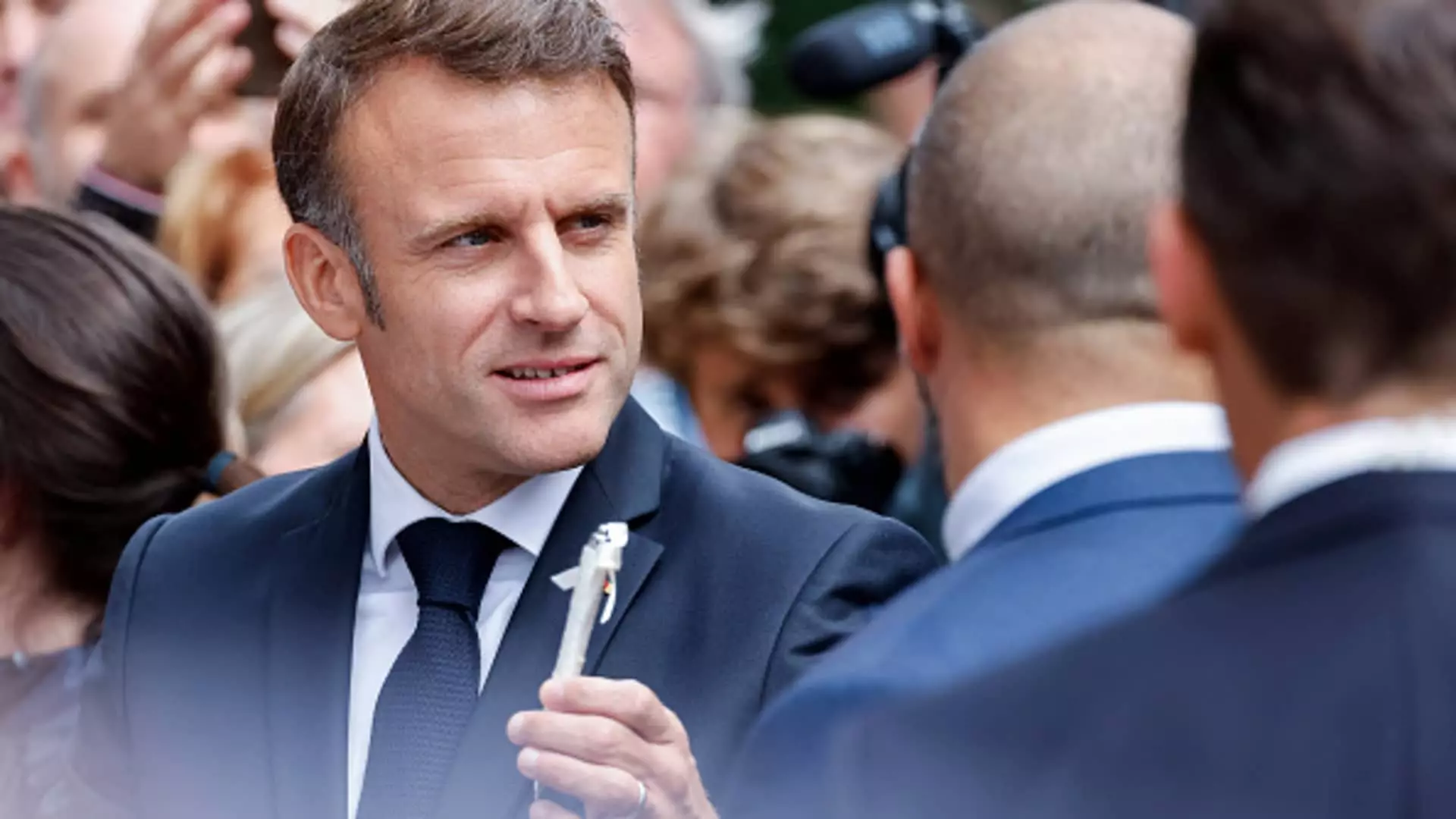French President Emmanuel Macron’s decision to call a snap election in an attempt to gain clarity and support for his government has ultimately backfired. According to Armin Steinbach, Professor of EU Law and economics at HEC Paris, Macron’s gamble did not pay off as expected. The election did not provide the clarity he sought, as his government now faces challenges from both the left and the right.
Following the second round of voting, the left-wing New Popular Front coalition emerged as the party with the largest number of seats in parliament. Macron’s centrist Ensemble bloc will form the second-largest group, with the far-right Rassemblement National (RN) coming in third. This shift in power dynamics poses challenges for Macron, as he now has to navigate between the unruly left and right factions in parliament.
The election outcome has not only weakened Macron domestically but has also had implications on a global level. Tina Fordham, founder of Fordham Global Insight, suggested that Macron’s ability to maintain his policy positions may be compromised. With a fragmented parliament composed of various ideological factions, policy-making and addressing critical issues such as public finances could become increasingly challenging for the French president.
The composition of the new parliament, with no party holding an absolute majority, raises concerns about potential policy-making gridlocks. This hung parliament scenario could hinder efforts to address France’s growing debt crisis, especially after the European Union’s decision to place the country under an Excessive Deficit Procedure due to its budget deficit exceeding 3% of its GDP. The lack of a decisive mandate from the electorate could further complicate Macron’s ability to implement his policy agenda.
Although the far-right did not achieve the desired results in this election, Professor Steinbach warns against discounting their influence in future presidential elections. While the immediate setback may seem like a loss for the far-right, it does not necessarily reflect their potential impact in the upcoming 2027 presidential election. Macron’s challenges in balancing the demands of a polarized parliament could shape the political landscape leading up to the next presidential race.
Macron’s snap election decision has resulted in a complex political landscape in France, with implications for both domestic governance and global standing. The failure to achieve clarity and decisiveness through the election outcome poses challenges for Macron’s policy agenda and ability to address pressing issues. The shifting power dynamics and potential policy-making gridlocks in a fragmented parliament underscore the difficulties ahead for the French president. As Macron navigates through these challenges, maintaining a delicate balance between various political factions will be crucial for his political survival and future prospects.


Leave a Reply